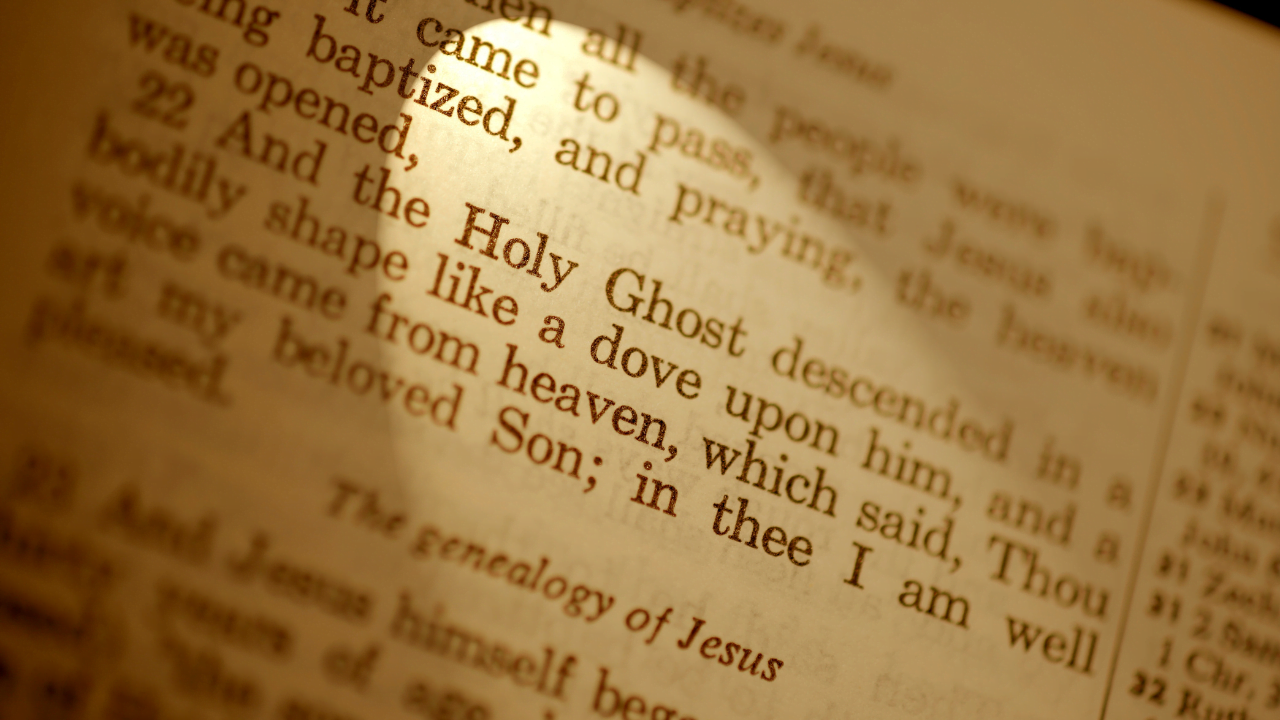No products in the cart.
The Key Principles And Beliefs In Christian Theology
This post contains paid and/or affiliate links. I make a small commission at no extra cost to you. Please see our Privacy Policy.
The doctrine of the Trinity is a key belief in Christian theology. It says God is one essence in three distinct persons: the Father, the Son (Jesus Christ), and the Holy Spirit. This idea shows God’s complex and loving nature.
- Biblical Basis: Matthew 28:19 and 2 Corinthians 13:14 show God’s Trinitarian nature.
- Theological Significance: The Trinity shows God’s love, unity, and the roles of each person in creation, redemption, and sanctification.
This doctrine was defined in early church councils, like the Nicene Creed in 325 AD. It was a response to heresies that tried to change the nature of Christ and the Spirit.
Salvation by Grace Through Faith
Christian theology teaches that humanity is reconciled to God through Jesus Christ. Ephesians 2:8–9 says, “For by grace you have been saved through faith, and this is not your own doing; it is the gift of God—not the result of works, so that no one may boast.”
Key Aspects of Salvation:
- Sin and Separation: Humanity’s rebellion against God (Genesis 3; Romans 3:23) leads to spiritual death and separation.
- Atonement: Christ’s death on the cross (Romans 5:8) satisfies God’s justice and offers forgiveness.
- Justification: Believers are declared righteous before God through faith in Christ (Romans 3:24).
- Sanctification: The Holy Spirit helps believers become like Christ (2 Corinthians 3:18).
- Glorification: The hope of eternal life in God’s presence (Revelation 21:3–4).
Christian traditions differ in their views on salvation. Yet, all agree that redemption comes from God’s grace.

The Authority of Scripture
Christian theology believes the Bible is the inspired and authoritative Word of God (2 Timothy 3:16). It is the main source for doctrine, ethics, and spiritual growth.
Key Principles of Biblical Authority:
- Inspiration: Scripture is “God-breathed,” written by humans under divine guidance (2 Peter 1:20–21).
- Inerrancy: Many traditions believe the Bible is without error in its original manuscripts regarding faith and practice.
- Sufficiency: Scripture has all we need for salvation and living a godly life (Psalm 119:105).
- Hermeneutics: Proper interpretation considers historical context, literary genre, and the Bible’s narrative of redemption.
Debates over interpretation have led to different theological traditions. Yet, the Bible remains the core of Christian belief.
The Church as the Body of Christ
Christian theology highlights the importance of the Church. It calls it the “body of Christ” (1 Corinthians 12:27) and the “pillar and foundation of the truth” (1 Timothy 3:15).
The Nature and Mission of the Church:
- Universal and Local: The Church is all believers everywhere (the “invisible” Church) and local groups (the “visible” Church).
- Worship and Sacraments: Baptism and communion (Eucharist) show spiritual truths and connect believers with Christ.
- Mission and Service: The Church must spread the word (Matthew 28:19–20), help the needy (James 1:27), and seek justice (Micah 6:8).
Different churches have their own ways of governing (e.g., episcopal, presbyterian, congregational). Yet, they all agree on the Church’s role in God’s plan.
Human Dignity and Ethical Living
Christian theology believes every person is made in God’s image (Genesis 1:27). This gives all humans dignity and worth. It shapes Christian ethics in many ways.
- Sanctity of Life: Christians oppose abortion, euthanasia, and violence.
- Social Justice: They advocate for the poor, oppressed, and marginalized (Isaiah 1:17).
- Moral Integrity: They call for honesty, sexual purity, love, and forgiveness (Colossians 3:12–14).
Christian ethics are more than rules. They are a response to God’s love, aiming to reflect His holiness in daily life.
Historical Development of Christian Theology
Christian theology has grown through key periods:
- Patristic Era (1st–5th centuries): Early Church Fathers (e.g., Augustine, Athanasius) defended key beliefs like the Trinity and Christ’s divinity.
- Medieval Period (6th–15th centuries): Scholastics like Thomas Aquinas combined faith with reason.
- Reformation (16th century): Luther, Calvin, and others focused on sola Scriptura (Scripture alone) and faith for salvation.
- Modern and Contemporary Theology (18th–21st centuries): Movements like liberalism, evangelicalism, and liberation theology have broadened theological discussions.
Each era faced cultural and philosophical challenges while staying true to the Bible.
Conclusion
Christian theology is rich and evolving, centered on the Triune God, salvation in Christ, and the Bible’s authority.
It guides believers in living faithfully. As theology tackles today’s questions, its core truths stay rooted in Jesus’ gospel.
By exploring these principles, Christians deepen their faith, defend their beliefs, and follow God’s call in our world.













